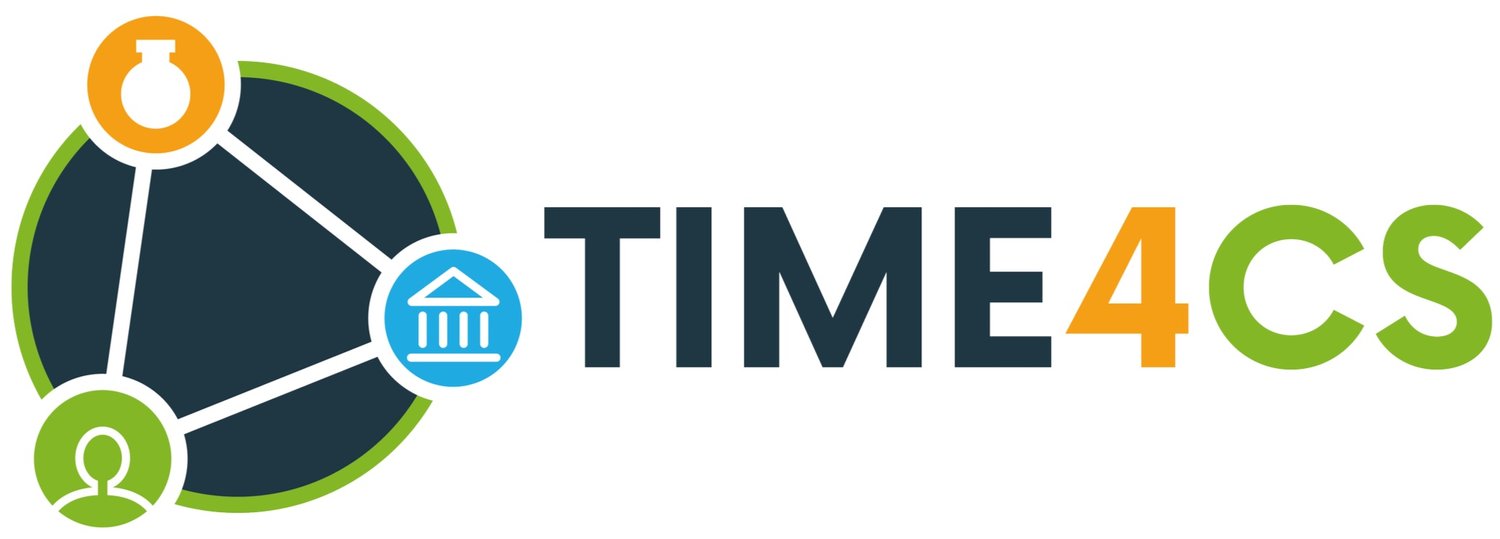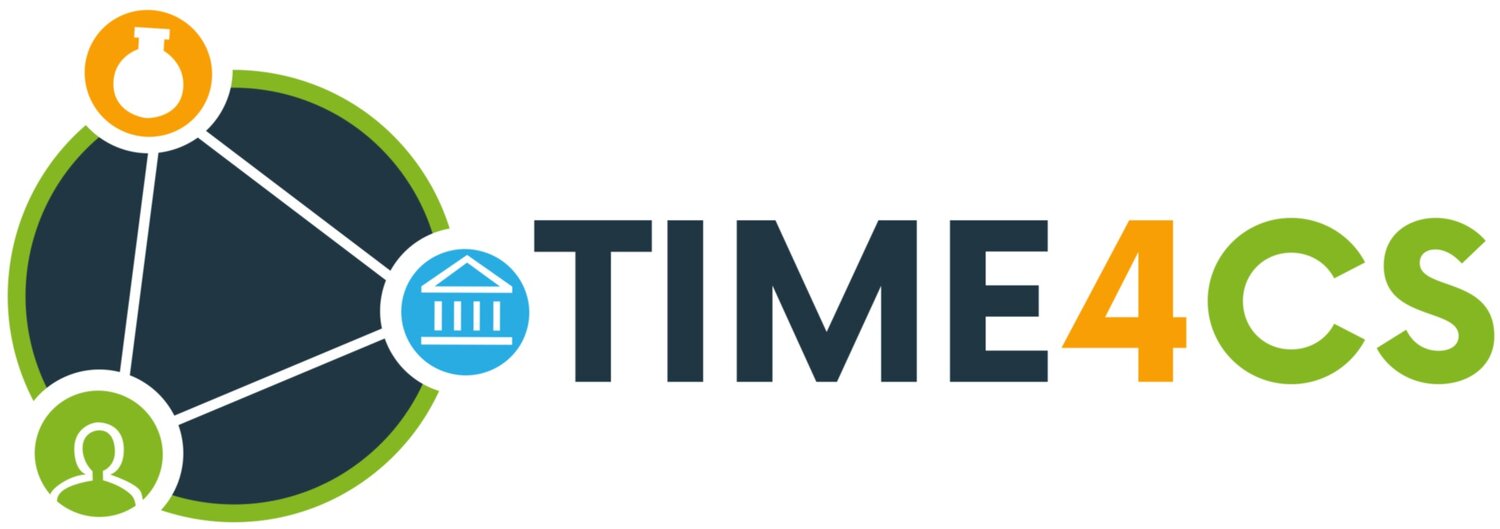University Collage London
About
Role in the project
TIME4CS Team
UCL is a world leading research university established in 1826, and recently grown to be the biggest university in London. UCL has a longstanding history doing interdisciplinary, participatory and engaged research and a consolidated culture in support of Citizen Science (CS) and Open Science (OS) in research, education, policy and assessment.
In Research, UCL has more than a decade running numerous successful short, medium, and long-term CS projects. UCL is also home to different leading groups dedicated to CS. For example, the Extreme Citizen Science (ExCiteS) group, brings together scholars from different disciplines to develop and contribute to the guiding theories, tools and methodologies that enable communities to start a Citizen Science project about any issues of their interest.1 Another example is the Institute for Global Prosperity, which integrates CS into a wider range of projects that look at new formulations of prosperity and wellbeing.
In Education, UCL runs different trainings on CS and public engagement that are accessible not only to researchers and students but also to citizen scientists and to anyone interested in the topic. UCL will start in 2022 an MSc in Citizen Science, aiming to educate the next generation of practitioners and programme managers, by providing them with a unique expertise at the interface of social sciences, natural science, and computing.
In Policy and Assessment, in line with the recommendations of the LERU Roadmap for Open Science (2018), UCL has included CS as one of the 8 pillars of Open Science, which appoints UCL as a leader in Europe in Open Scholarship.
UCL is one of the Front Runners in the TIME4CS project due to its extensive experience in studying citizen science and other organisational transformations in the integration of crowdsourcing in government.
UCL leads, coordinates and manages Work Package (WP) 1 “Citizen Science state of the art and overcoming challenges”, focused on mapping and extracting knowledge from successful institutional adoption of Citizen Science in order to codify best practices and lessons learnt as basis for the roadmaps developed in WP2.
UCL also supports various tasks throughout all work packages of the project.
Muki Haklay
Abril Herrera
Kirsty Wallis
Paul Ayris
For more information about University Collage London visit ucl.ac.uk






